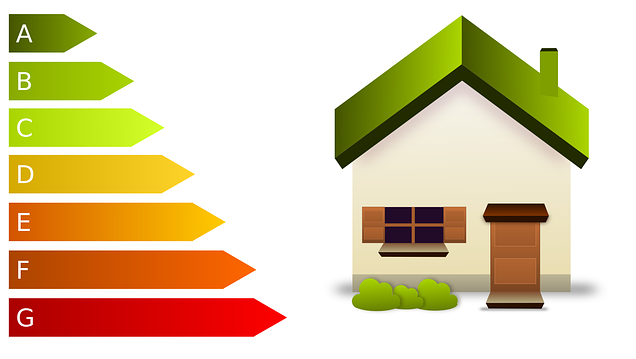Energy bills are hitting British consumers harder than ever in the past decade and the upward trend for gas prices is expected to continue until 2024. As a result of the new higher tariffs from April 1, Google searches for “efficient energy use” in the UK are skyrocketing this month.
With the government announcing its long-term plans for energy independence last week, consumers are left wondering still how to cut their energy bill as soon as possible.
Energy experts Boiler Central advise on the top five most common household items that can drive energy bills through the roof. They offer top tips on how to make easy adjustments that save hundreds a year. Energy pros bust the myth that kettles are the main culprits in our homes for energy consumption, marked at £3.15 per month, so Brits can enjoy their cup of tea guilt-free.
- Boiler – £82/month
There is a reason why old houses with separate, uninsulated tanks for heating water usually mean bad news for your bills. If you are house hunting, make sure you understand the heating set up (combi boilers are generally better) and the energy-efficiency grade of the boiler.
- Fridge/freezer – £43.68/month
Fridges and freezers are the second most energy-consuming items in a home. Since they need to stay plugged in all the time, the best way to cut this cost is to invest in a better-rated fridge/freezer.
- Dishwasher – £10.30/month
While a dishwasher is the third most expensive item to run in a household, they do save on water consumption, let alone time. The energy use is likely three higher though in households with multiple children, where several loads of dishes are done every day. Wiser use of dishes can cut one load a day and reflect well on your monthly utilities for both energy and water.
- Oven – £9.36/month
If you are passionate about baking or enjoy regular foiled ready meals, chances are your oven uses more than £9.36 a month. This may not seem like much, but when factoring in all the other appliances, it is worth trying to cut oven usage whenever possible by syncing the cooking better to fit at least two dishes at a time or one after another to save on pre-heating; opting for batch cooking; and reheating food in the microwave, which only uses around 44p a month.
- Washing machine – £6.86/month
On average, washing machines use more than twice as much as kettles. Using lower temperatures is an easy way to drive these costs down. For lightly soiled clothes, 30 degrees is warm enough to kill most bacteria.
The best medium-term solution to cut down one’s energy bill down is to invest in A-rated appliances. For example, switching from a G-rated boiler to an A-rated one can save you a worthwhile £580 every year.
Myles Robinson from Boiler Central comments: “If you want to reduce your annual energy bills, the first place to focus your attention is on your home heating. Start with energy efficiency – reduce your consumption of energy and change your habits with a smart meter.
“Next, consider switching to renewable energy and replacing your boiler. Appliances also consume power, but it requires much more energy to heat the entire house. This is why choosing an A-rated green boiler to reduce energy consumption is so important.”
Myles offers several other top expert tips which consumers can adopt today to save on energy bills, such as:
- installing a smart meter, cutting up to £75/year;
- switching to LED bulbs which can cut an impressive 75% off one’s entire energy use;
- draught-proofing by installing thicker curtains, sealing any cracks and blocking unused chimneys – all adding up to an easy £35 cut on one’s energy consumption;
- investing in double-glazed windows, thus reducing energy bills by up to £110/year.














